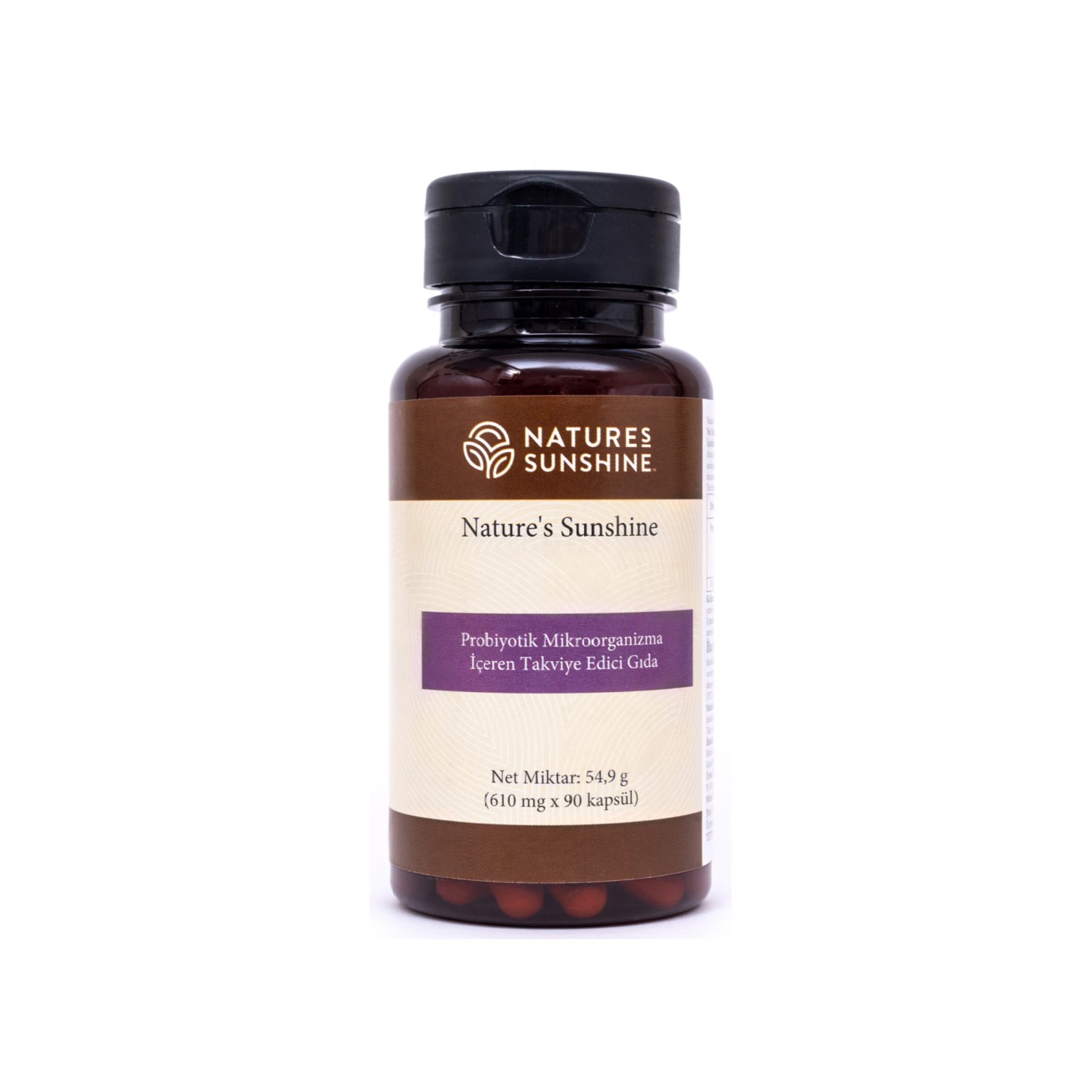No products in the cart.
Dietary supplements
Bifidophilus Flora Force
Bifidophilus Flora Force
PV: 21.73- Сontains probiotic microorganisms. Probiotic microorganisms help regulate the digestive system and support the immune system
- Сontains prebiotic ingredients. Prebiotic components support the development and life of probiotic microorganisms in the intestine, which help regulate the digestive system and support the immune system
P. fiyatı / Price / Цена: ₺2.008,0
Partner fiyatı / Partner Price / Партнерская цена: ₺1.304,0
























